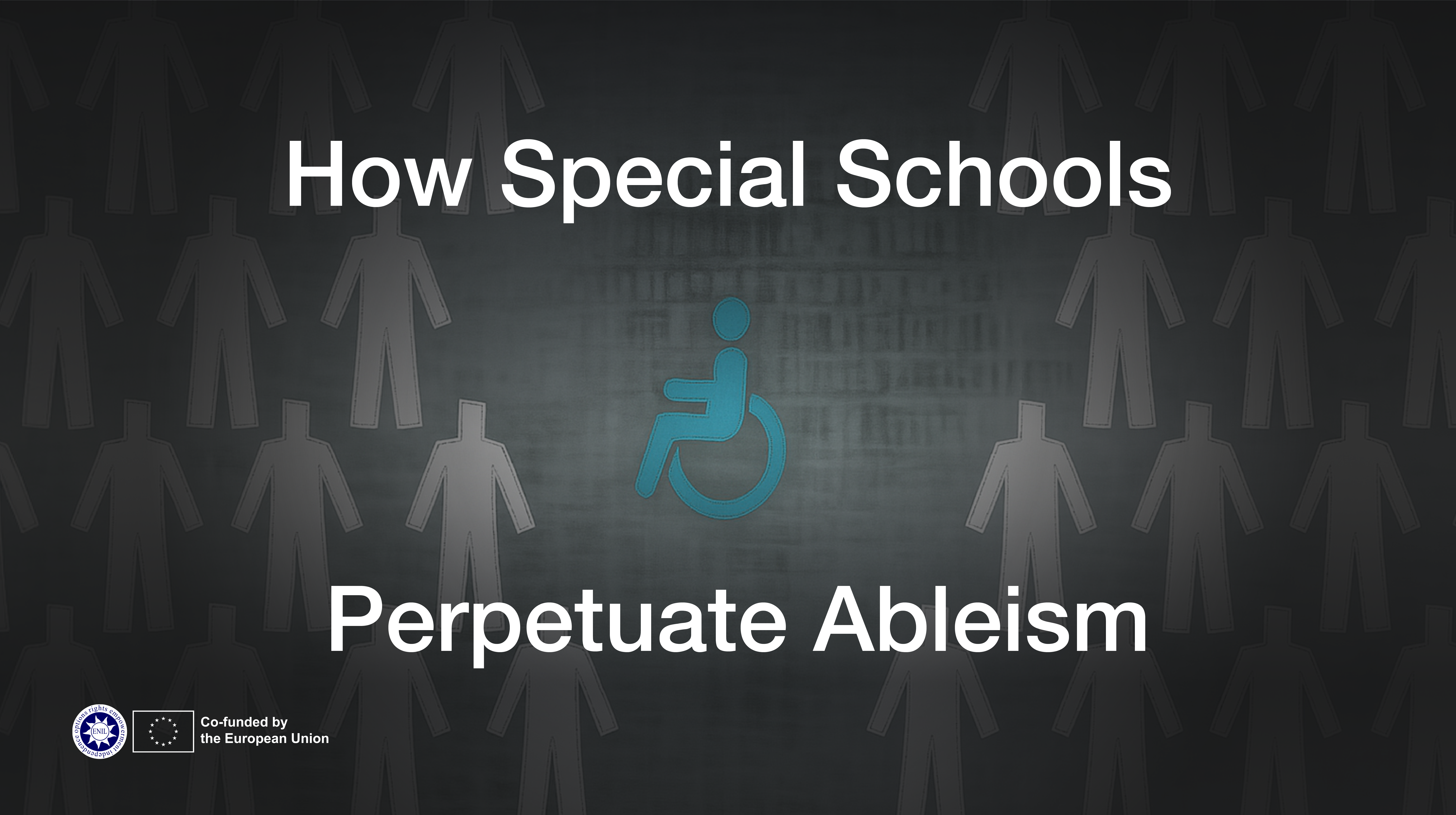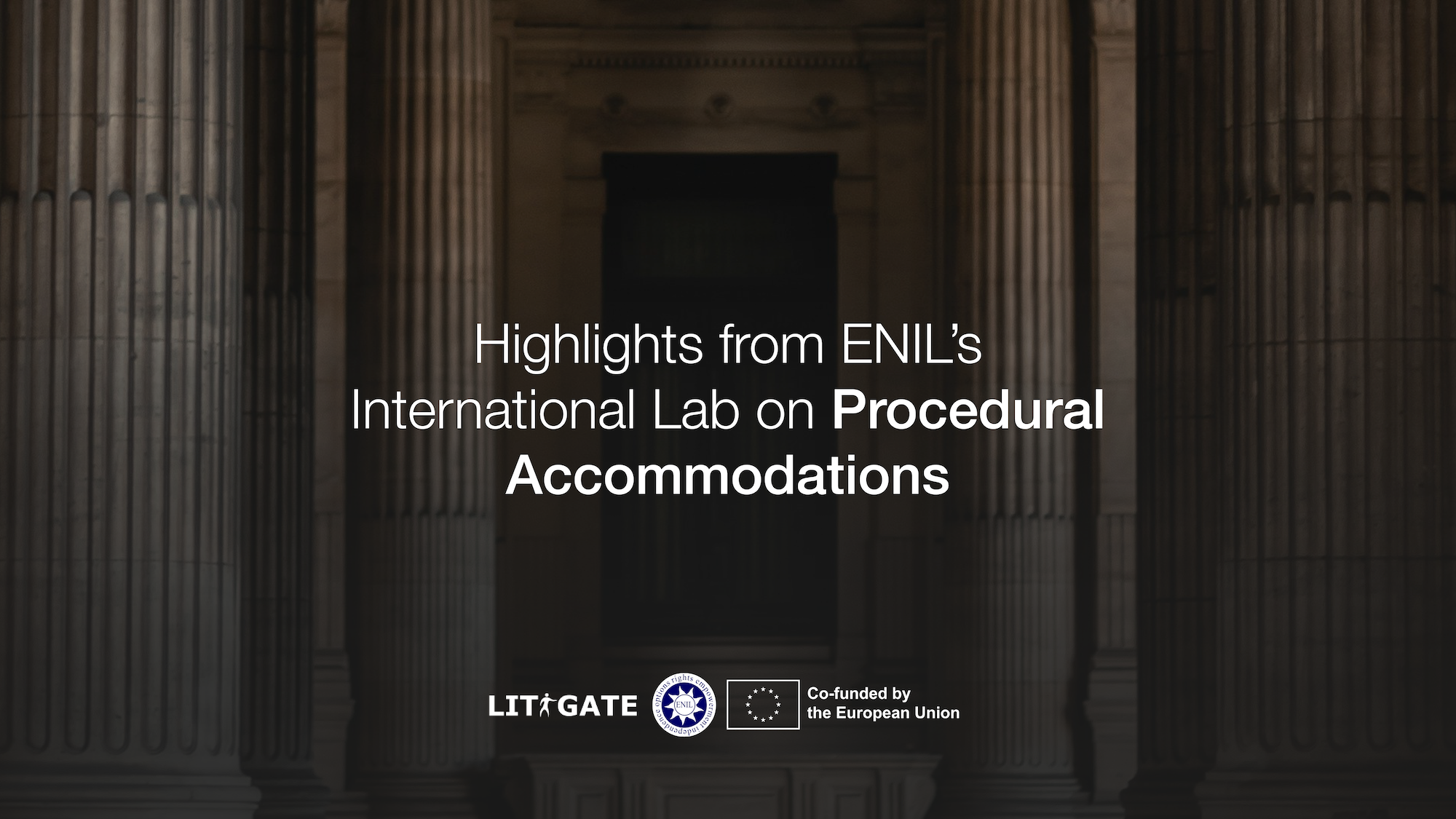The name of our Association is the Association of the Physically Disabled, Lower River Region. This Association is in the countryside, in which we have children, elders and women. We are from Gambia, within the West Africa. Our Association is registered to the Anthony general chamber and we have a Land of 50/50 meter square.
The reasons we formed this Association is that we, disabled people in the rural areas, are not considered and most opportunities are in the urban areas, so we find it very hard.
The difficulties we encounter in the rural areas are many, but I can mention a few at the moment. Our disabled people are lacking of materials, especially children who are going to school, educational support, access to justice, lack of job opportunities, health and so on. We have more disabled children who are not going to school because of materials. 90% of schools in Gambia are not disabled friendly, which is another problem.
The worst problem is that our Disability Bill is still running from one office to another for almost 13 years now. As of now, it is still at the National Assembly Select Committee for Human Rights. We believe that this bill will protect us and nothing is happening. Lots of our members are on the street begging, because they have no choice, especially women.
For our Association, we are very grateful to a Swedish lady who gave us little support of assistance and some materials for last year and this year. As the head of Disabled Association, she is my friend and I raise the concern of our Association, especially for children who are going to school. Last year she provided a few wheelchairs and tricycles so that access to education can be easier.
As disabled people, we feel no hope from our Gambian government, because our Disability Bill, which should protect us, is still being delayed. They are not giving us any hope.
For us, we do write to many places for our land, in which we want to build an office complex and skills training for our disabled people, so that if the government fails to support us you can do your skills training and support yourself. We will continue to write, so that one day we may succeed. We have more than 300 members in our Association and there are many villages which we cannot reach. We asked for funding to make a survey so that we can collect information about all disabled people in our region, but no response yet. This is why I decided to join ENIL, to share our experience and see how best we can work together.
Regarding the life of people with disabilities and the Covid-19 pandemic in Gambia, it has affected the life of people with disabilities, especially those in rural areas. Disabled people in rural areas have very little support from the Gambian government. The government have given some support to its citizens and the way they give support is not accessible to many disabled people, because the support was designed for the head of a household. This means that you should have a wife and children, and 85% of people with disabilities are not married. So, many of our members have very little support.
In Gambia, we have a federation called the Gambia Federation of Disabled (GFD), which is the main umbrella body of all disabled people’s organisations (DPOs) in the country. All the DPOs register under the Gambia Federation of Disabled. The mandate of GFD is that it seeks funding from other NGOs and shares it with its member organisations. To be realistic, this Federation gets very little funding. Even getting funding from the government is difficult, because we, the disabled people, have no legislation to protect us.
We feel that the government should give yearly funding to GFD, but the government is not doing that. However, GFD does get some support from other NGOs and some individuals. Our region has more than one thousand people with disabilities and less than twenty-five people get support; some receive 25 kg bags of rice, 10 kg sugar, some hand sanitizer and a few buckets. During the lockdown, some of our members lost their businesses because of traveling restrictions and closing of the marketplace. We feel that the government should consider the needs of disabled people, because the COVID-19 pandemic affects mostly disabled people, especially women and children.
Written by Lamin I Darboe


